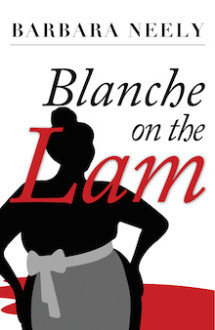


After enslaved blacks were emancipated, they made efforts to move beyond domestic work and manual labor, but many came to the realization that the only work available to them was domestic work or manual labor (both positions paid very little). Thus, due to lack of food and no pay, servants would often resort to petty theft. Enslaved Africans found themselves in a position in which they were left to deal, without support of the law or society, the immoral slavery in the United States. The American system of slavery, even in the post- emancipation era, took expectations of invisibility and powerlessness of servants to the extreme.

Servants were expected to be silent and they had little opportunity to report criminal behavior within their own living/work environment. Throughout European and American history, upper class and upper-middle-class families had a prevailing attitude of ignoring their servants until they were needed for labor. The series continues with Blanche among the Talented Tenth (1994), Blanche Cleans Up (1998), and Blanche Passes Go (2000). The book won the Agatha Award and the Anthony Award for Best First Novel, and the Macavity Award for Best First Mystery. This novel brings to light the intelligence and power of an African-American domestic female worker in the midst of a racist and sexist society. Blanche on the Lam is a mystery novel by author Barbara Neely, the first in a series by her.


 0 kommentar(er)
0 kommentar(er)
